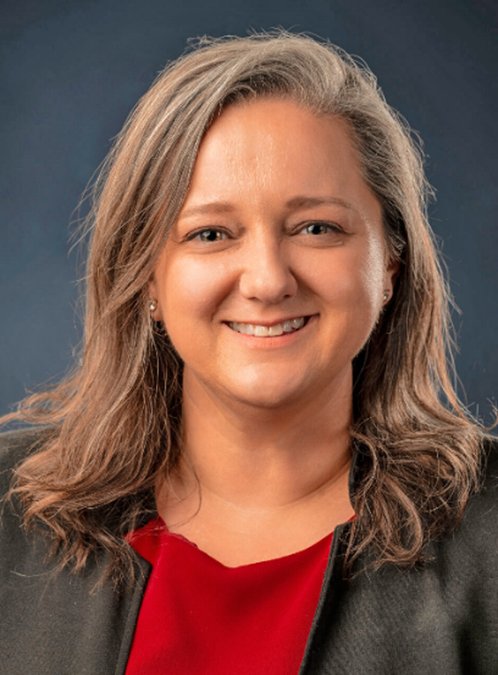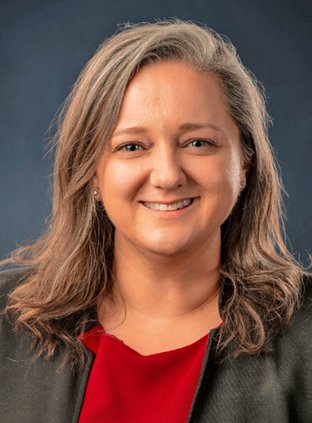By Shannon Douglas
Voters may have hoped for a break from politics in what is usually a nonelection year, but like it or not, a controversial special election is coming to California. This November, Californians will vote on whether to allow politicians to draw a new congressional map.
Proposition 50, which the California Farm Bureau strongly opposes, would throw out the congressional district maps produced by California’s independent Citizens Redistricting Commission—a voter-approved entity established in 2008 to prevent partisan gerrymandering—and replace it with the Legislature’s handpicked, self-serving maps through 2030. Because California’s constitution guarantees independent redistricting, the governor and Legislature must get voter approval.
Proposition 50 poses a threat to Farm Bureau members because it will undermine rural representation in Congress. California leads the nation in agricultural production thanks to the hard work our farmers and ranchers put in every day. Protecting the people who supply our food is critical to our state’s future. With countless challenges facing agriculture, this is not the time to weaken our representation and our ability to enact policy solutions.
Farm Bureau’s opposition to Proposition 50 runs deeper than partisan politics and national headlines. As a nonpartisan organization focused on advocating for farmers and ranchers, we view this measure strictly as an attack on rural representation. We have been consistent on this issue for a long time. In 2010, the California Farm Bureau opposed Proposition 27—a politician-led effort to disband the Citizens Redistricting Commission permanently—and endorsed Proposition 20 to ensure that independent citizens drew California’s congressional districts.
Urban populations already dominate politics in the state, and rural communities struggle to influence policy on essential issues such as water management, labor regulations and environmental rules. Proposition 50 exacerbates this imbalance by redrawing the map so that rural districts, which currently represent cohesive communities and interests, are carved up and appended to urban-dominated districts whose constituents may have vastly different policy priorities.
The proposed map is among the most gerrymandered in California’s history. For example, Proposition 50 dismantles congressional District 1, the current North State district that extends from the Sacramento Valley to the Oregon border. The new boundaries divide this region into three districts, one of which uses a coastal panhandle to lump Modoc County in northeastern California with Sausalito, even though the former is closer to Idaho—two states away—than to the Golden Gate Bridge.
Fresno County, a major agricultural producer, is broken into six districts. San Joaquin County is divided five ways. Splitting communities prevents the formation of districts with concentrated rural interests. The result may be fewer representatives in Congress focused on the unique issues facing agricultural communities. That is undemocratic and unacceptable, and it threatens our ability to continue to be America’s breadbasket.
The districts proposed by Proposition 50 are temporary, but the ballot measure sets a dangerous precedent. It undermines the critical work of the independent Citizens Redistricting Commission and could lay the foundation for eliminating it permanently. Proposition 50 could also embolden future efforts to get rid of independent redistricting not only for federal districts but for state legislative districts, undoing voter-mandated reforms to eliminate self-interested redistricting. If Proposition 50 passes, there is no telling what may come next.
Given what is at stake, the opposition to Proposition 50 spans a diverse and bipartisan coalition that includes agriculture advocates, good governance groups, local elected officials, taxpayer organizations, social justice and community groups, and businesses. With Californians from all walks of life uniting to protect fair representation, Proposition 50 can be defeated.
Farm Bureau has a decades-long record of defending agricultural interests in statewide propositions. In addition to our support for the ballot measures that established the Citizens Redistricting Commission, we led efforts to defeat Proposition 15 in 2020, which would have increased property taxes on farmland by eliminating its Proposition 13 protections. When agriculture is threatened, farmers and ranchers must engage in coordinated advocacy to stand up and protect our future.
It is essential that we reject Proposition 50 and affirm that rural communities deserve equitable representation. Defeating this measure will signal to state lawmakers that California should not regress to an era of politically driven redistricting.
This November, Farm Bureau calls on all farmers and ranchers to vote NO on Prop 50.
– Shannon Douglas is president of the California Farm Bureau





